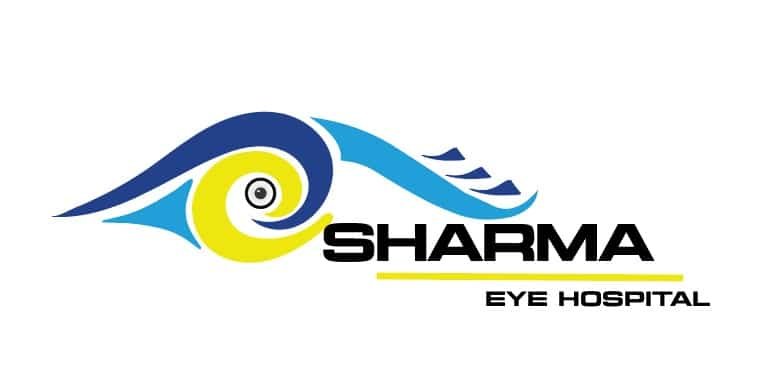Retinopathy of Prematurity
Why should I worry about the eyes of a premature baby?
The inside of the eye, the retina is not fully developed in premature babies. Abnormal blood vessels can develop in such a retina. These abnormal blood vessels can cause internal bleeding and even retinal detachment. This is called Retinopathy of Prematurity (ROP). This condition results in low vision or blindness – both of which are irreversible.
How to detect ROP?
A trained ophthalmologist can detect ROP by dilating the pupils of the eye using eye drops. An indirect ophthalmoscope is used to scan the entire retina to detect ROP and retinal maturity stage.
Do all babies needs to undergo retinal examination for ROP?
Babies with a birth weight of less than 2000 grams or those born in under 34 weeks of pregnancy are most likely to have ROP. Pre-term babies who have had problems after birth such as chest infections, blood transfusions ,anemia, poor weight gain , on prolonged oxygen support, breathing difficulties etc., are also vulnerable. Follow the “Day-30” strategy. The retinal examination should be completed before “day-30” of the life of a premature baby. It should preferably be done earlier (at 2-3 weeks of birth) in very low weight babies (<1200 grams birth weight).
What is the treatment for ROP?
ROP is treated with Laser. The treatment helps stop further growth of abnormal vessels thus preventing vision loss.
How often should the retina be examined?
ROP can progress in 7-14 days .Depending upon the stage of retinal maturity , next follow up of patient is to be decided.
When should we treat ROP?
ROP needs to be treated as soon as it reaches a critical stage called Threshold ROP.
After treatment
If treated in time, the child is expected to have reasonably good vision. All premature babies need regular eye examinations till they start going to school. Further in future , children might need glasses or treatment for lazy eyes, cross-eyes and rarely for cataract, glaucoma and retinal detachment.

